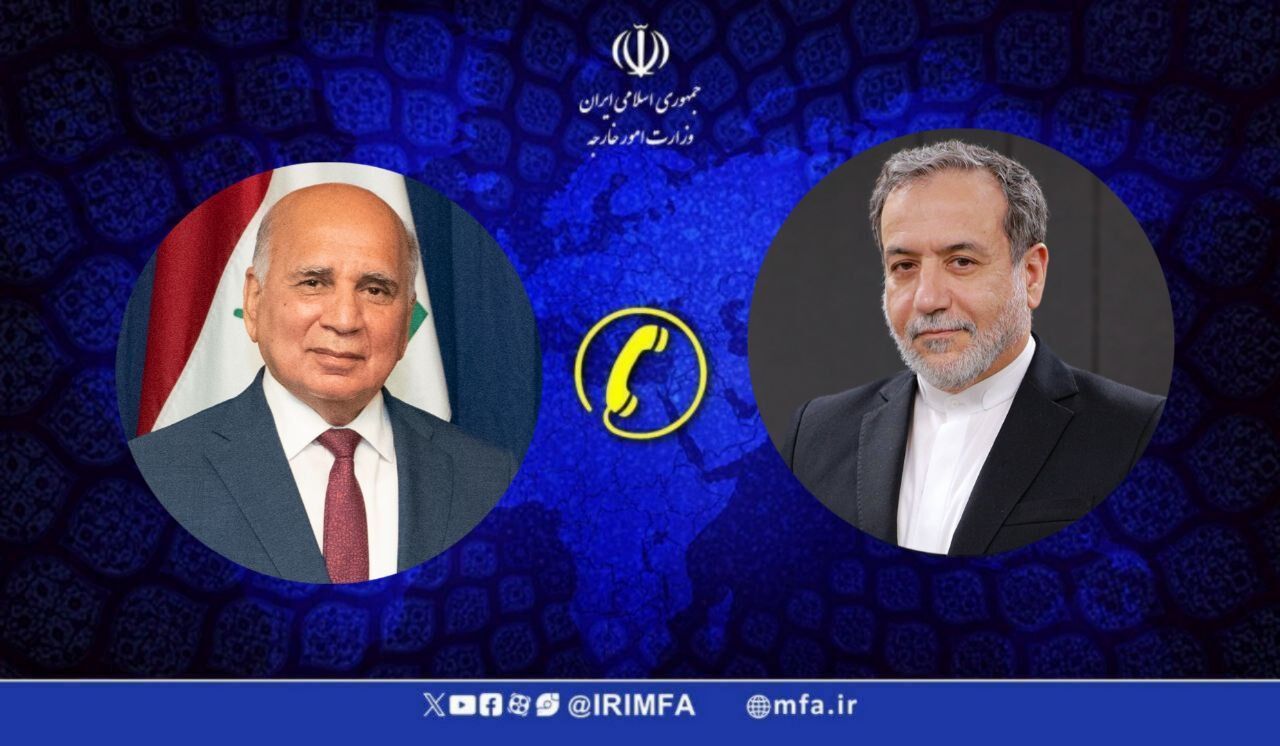
Similar Posts
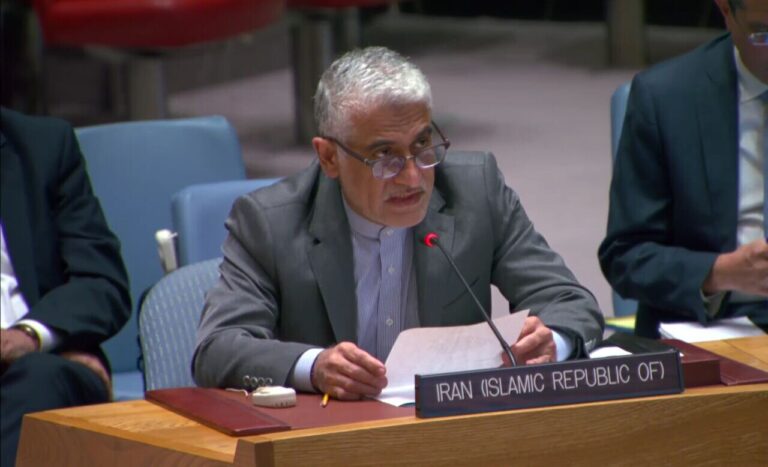
Iran Reaffirms Commitment to NPT and Collaborates Effectively with IAEA
In his address to the UN Disarmament Commission on April 8, 2025, Iran’s Ambassador Amir Saeed Iravani underscored the longstanding cooperation between Iran and the International Atomic Energy Agency (IAEA). He argued that reducing foreign political pressure on the IAEA could help resolve outstanding issues between Iran and the agency. Iravani expressed concern over global disarmament challenges, criticizing nuclear-armed states for failing to meet their obligations while modernizing their arsenals. He reaffirmed Iran’s commitment to the Nuclear Non-Proliferation Treaty (NPT) and emphasized the need for a nuclear-weapon-free zone in the Middle East, particularly addressing Israel’s nuclear capabilities.
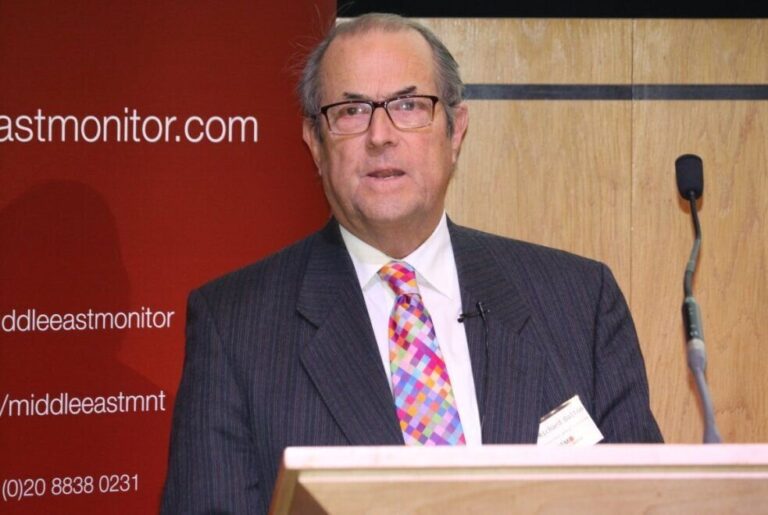
Iran Demands Meaningful Negotiations: No to Surrender Talks!
Ongoing negotiations between Iran and the United States are under scrutiny, with former UK envoy Sir Richard Dalton highlighting Iran’s view that these talks test U.S. commitment rather than signify capitulation. Iranian Foreign Minister Abbas Araghchi announced high-level indirect discussions set for Saturday in Oman, emphasizing the importance of effective dialogue and mutual seriousness. He stated that Iran seeks to achieve the rights of its people and lift sanctions, asserting that no preconditions are acceptable. The outcome of these negotiations could significantly influence both regional stability and global diplomatic relations, marking a critical moment in U.S.-Iran relations.
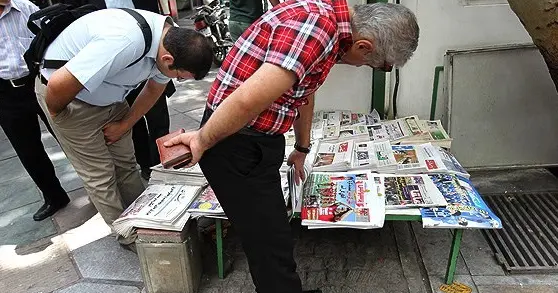
Tehran Newspapers Divided: Unraveling the Causes Behind the Port Explosion
Tehran’s morning newspapers presented divergent views on the explosion at Rajaei port, reflecting significant political divides. Conservative outlets like Kayhan and Javan attributed the incident to safety protocol failures, accusing foreign adversaries of spreading disinformation. In contrast, reformist daily Ham-Mihan suggested the explosion’s timing, coinciding with Iran-U.S. negotiations, indicated possible sabotage linked to foreign entities, including proxies. The ongoing investigation remains crucial, with calls for transparency amid heated debates over the incident’s implications for safety, security, and internal politics in Iran. The event underscores the complexities of Iran’s political landscape and its international relations.

Iran Vows to Hit Back: Any Location Targeting Its Interests Will Face Retaliation
General Salami of the IRGC Navy recently unveiled an underground drone hangar, issuing a warning amid escalating US and Israeli threats regarding Iran’s nuclear facilities. He emphasized Iran’s readiness to defend its sovereignty and counter any aggression, asserting that the nation is capable of targeting enemy interests. Salami highlighted the advanced drone technology at Iran’s disposal, reinforcing military preparedness. Amidst this tension, Israeli officials have issued threats related to Iran’s involvement in Yemen, while discussions between the US and Iran regarding nuclear negotiations continue. Salami criticized US sanctions and reiterated Iran’s commitment to diplomacy without external threats.
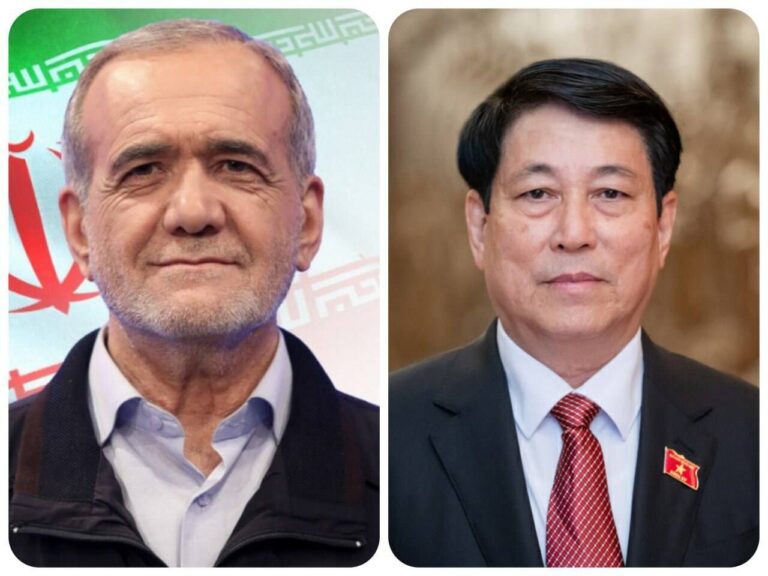
Vietnamese President Extends Heartfelt Condolences to Pezeshkian After Shahid Rajaee Port Tragedy
Vietnamese President Luong Cuong expressed heartfelt condolences to the Iranian government and citizens following a tragic incident at Shahid Rajaee Port that resulted in significant loss of life. In a telephone conversation with President Masoud Pezeshkian, Cuong conveyed his deep sorrow and emphasized the importance of unity during crises. He extended condolences to key Iranian leaders, including Ayatollah Seyyed Ali Khamenei, while praying for the deceased and wishing for a swift recovery for the injured. This compassionate response underscores the commitment to diplomatic relations and shared values of empathy between nations in challenging times.
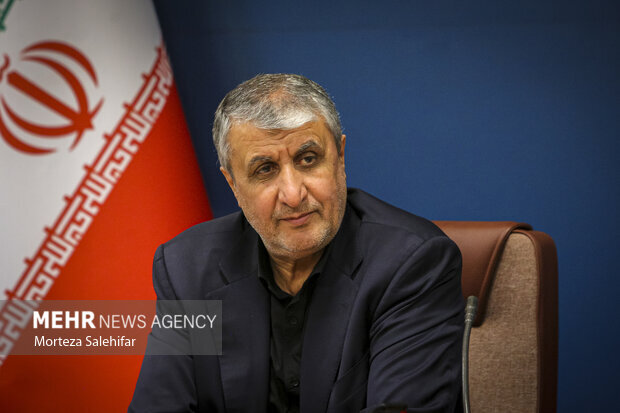
Iran’s Nuclear Program: Eslami Declares Full Transparency Amid Global Concerns
In a recent interview, Mohammad Eslami, head of Iran’s Atomic Energy Organization, highlighted significant advancements in Iran’s nuclear industry, emphasizing technological independence and the peaceful benefits of nuclear technology for the Iranian people. He stated that Iran has “broken the monopoly” on nuclear research and is committed to developing its program despite costs. Eslami addressed concerns about potential weaponization, asserting that such accusations are Western excuses, and reiterated Iran’s commitment to transparency through inspections. He criticized U.S. restrictions on nuclear development and called for the International Atomic Energy Agency to support peaceful nuclear technology access for all nations, reflecting Iran’s determination amid geopolitical challenges.